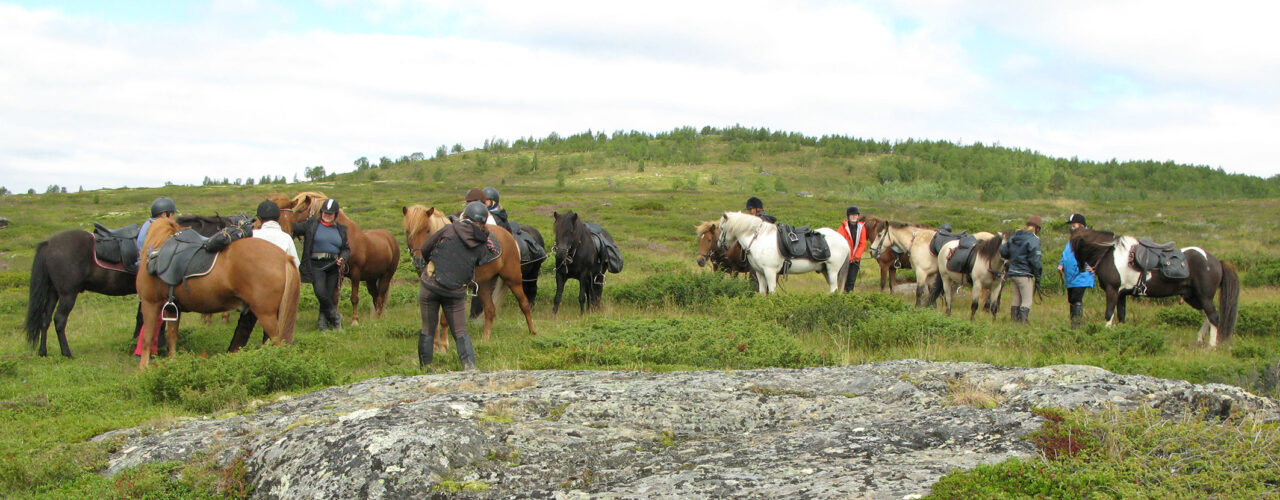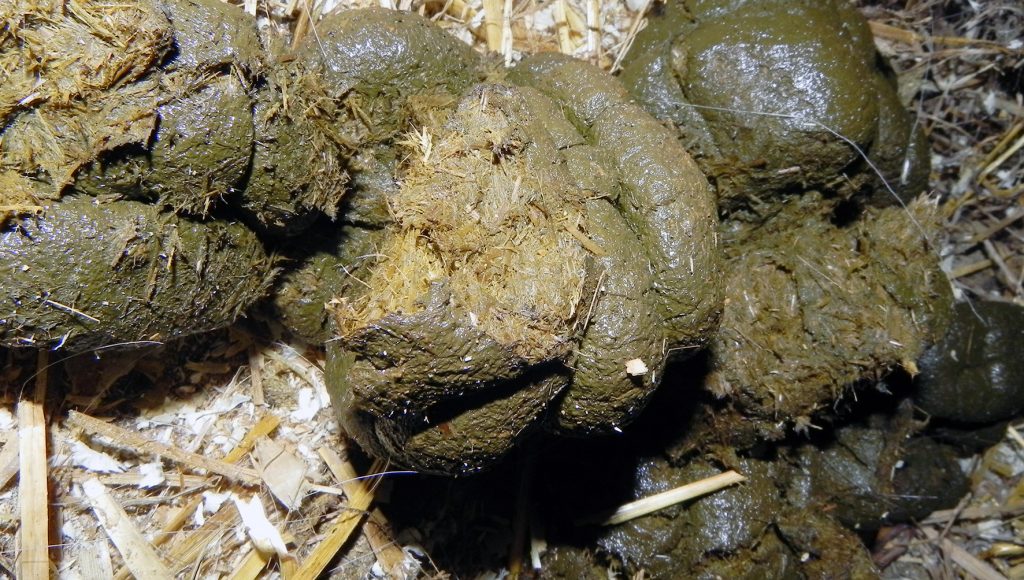
Using Horse Manure as Fertilizer – Teaching Good Manure Management to Ensure Nutrient Recycling
Horse manure is potentially a valuable source of plant nutrients. On average, a horse produces 8 t of manure per year (varies somewhat with breed and feed regime), containing 50 kg nitrogen (N), 9 kg phosphorus (P) and 60 kg potassium (K). In 2012, there were approximately 125,000 horses in Norway, thus representing a total manure production of 1 million tons, containing 6250 t N, 1125 t P and 7500 t K. Currently, a large share of these nutrients are lost. To achieve sustainable plant production in the future, all manure has to be managed appropriately to maximise the recycling of nutrients back to agricultural land.
There are different ways to treat and store horse manure (e.g., composting and container storage) that potentially can ensure the adequate recycling of nutrients. In organic agriculture, it can be challenging to meet a crop’s nutrient demand, especially in stockless farming systems. The access to properly treated horse manure would thus be of considerable value for organic growers in the vicinity of horse farms.
The project will develop courses focusing on horse manure as a nutrient source and sound manure management. The target groups include horse owners, horse farm workers, agricultural advisers, as well as teachers and pupils at agricultural Schools.

